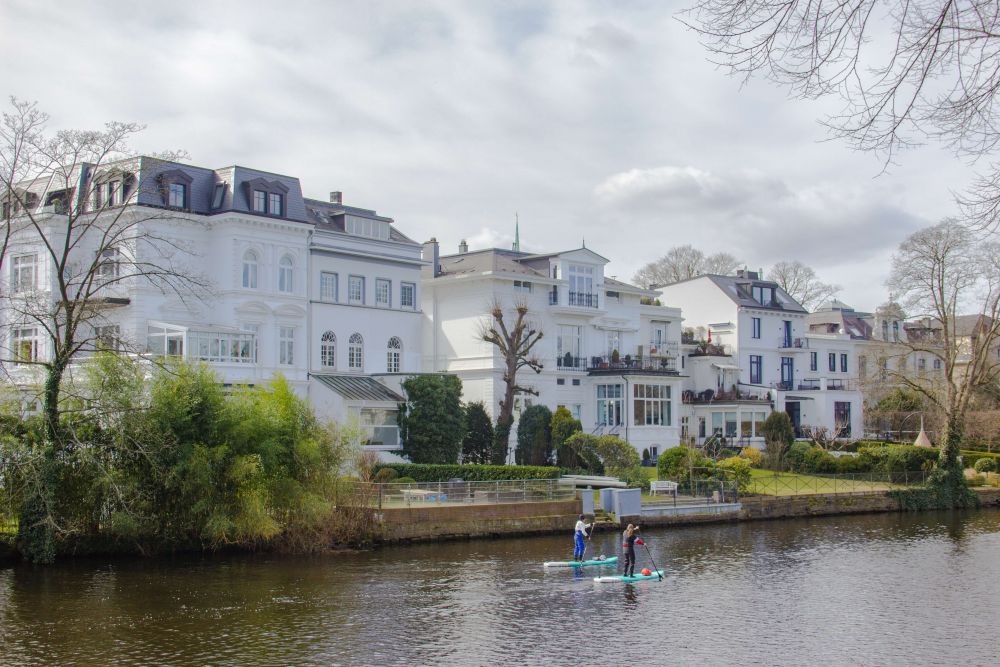Latest News
13 September 2021
Human-nature interactions: Can relationships exist outside of the human realm?
When you hear the word ‘relationship’ what do you think of?
We often envision a relationship as a connection between two people. So, what happens when we look beyond this accepted understanding of what a relationship can be and whom, or what, can be involved? We discover that relationships can exist outside of the realm of human connection.
An undeniable relationship between human beings and nature has existed for thousands of years and, to this day, continues to offer improvements to our physical and mental health. Contact with nature, such as walking in green spaces, listening to birds, swimming in clean water, has been shown to help people who suffer from depression. It can also decrease anxiety, increase concentration levels, decrease stress, balance a person’s heart rate, improve immune systems, and so much more.
Unfortunately, this intrinsic relationship has been jeopardized as humans have been taught to undervalue the impact of nature on their mental and physical well-being. Meanwhile, nature and green space have frequently become an afterthought in urban planning and development initiatives.
That’s why GoGreenRoutes (GGR) seeks not only to improve people’s physical and mental well-being across cities in Europe, but it also aims to make nature healthy again so that a symbiotic relationship between humans and their environment can flourish.
While research on the relationship between humans and nature exists, the innovative GGR intergenerational 360 Health Approach provides a pioneering multi-dimensional methodology centred on the interconnectedness between people and the planet. The GGR 360 approach addresses biological, psychological, social and environmental health in relation to sustainable development.
.jpg)
Cities that use the GGR 360 Health Approach will plan and implement creative projects in which the relationship between humans and nature can be promoted and nurtured.
For example, in GoGreenRoutes city Lahti, the local government seeks to develop and pilot a ‘health forest’ for its citizens. The health forest will support the improved well-being and recovery of healthcare staff who are now more essential than ever before. A strong focus will also be placed on making the benefits of nature more accessible to those who might not otherwise have access.
In GGR cities Tallinn and Burgas, the inextricable relationship between nature and humans – and its myriad benefits – are also on full display. Tallinn is looking to restore and rejuvenate a Soviet area block of large-panel residential buildings for 120,000 inhabitants by adding green spaces and an urban garden to improve residents’ quality of life. Meanwhile, Burgas aims to offer city residents an oasis from the stresses of urban life by establishing green connections to three lakes, constructing walkways and bike lanes, and more.
By finding ways to preserve and safeguard the relationship between humans and nature, GoGreenRoutes cities are taking decisive action to improve their citizens’ physical and mental well-being.
While relationships between people are important for our well-being, the relationship between humans and nature must not be forgotten. This relationship is central to our physical and mental health and is an integral part of any resilient future. It is crucial to remember, however, that a relationship involves two or more, and as much as nature has the power to sustain people, people must protect and preserve nature in order to ensure they both can thrive.
To learn more, read our editorial article "Human-Nature Interactions: Perspectives on Conceptual and Methodological Issues".
About the authors
Ximena Tiscareno-Osorno is a doctoral student in the field of environmental psychology at the Technical University of Munich. She is a mindfulness practitioner and loves to search and find new alternatives to help people to have better health and greater wellbeing.
Schuyler Cowan is a Communication Officer at ICLEI Europe
Image (Unsplash) by "Philippe Oursel"


